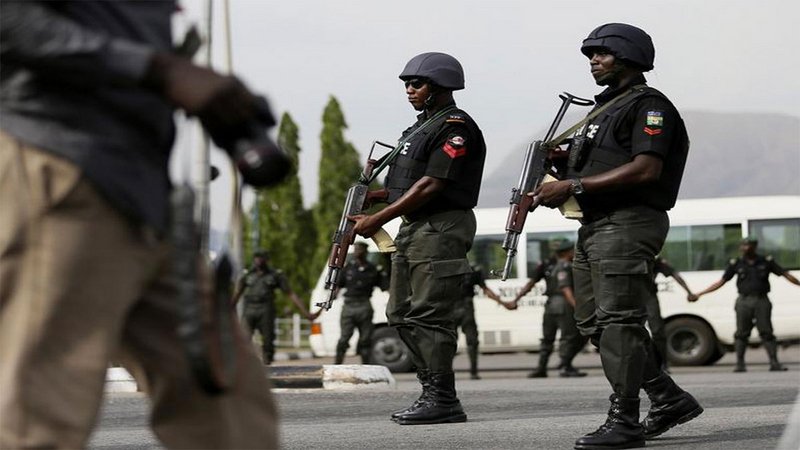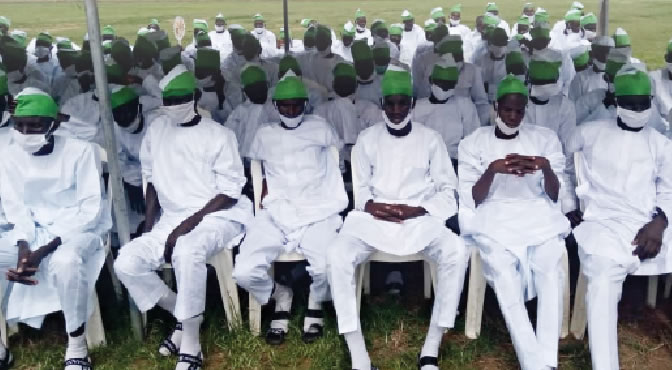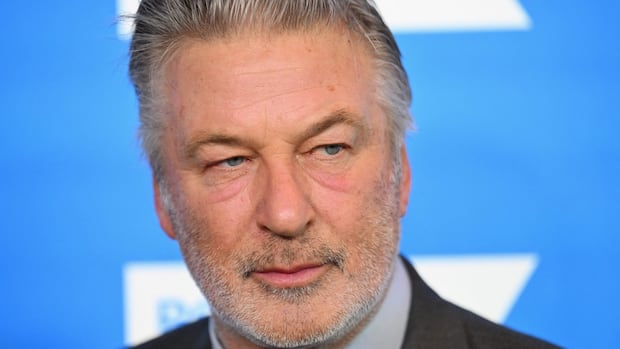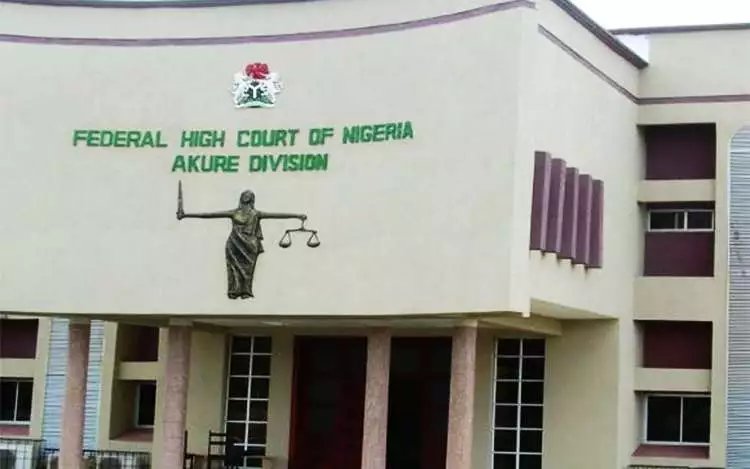A judge Friday set U.S. president-elect Donald Trump’s sentencing in his hush money case for Jan. 10 — a little over a week before he’s due to return to the White House — but indicated he wouldn’t be jailed.
The development nevertheless leaves Trump on course to be the first president to take office convicted of felony.
Judge Juan M. Merchan, who presided over Trump’s trial, signalled in a written decision that he’d sentence the former and future president to what’s known as a conditional discharge, in which a case gets dismissed if a defendant avoids rearrest.
Merchan rejected Trump’s push to dismiss the verdict and throw out the case on presidential immunity grounds and because of his impending return to the White House. The judge said he found “no legal impediment to sentencing” Trump and that it was “incumbent” on him to sentence Trump prior to his swearing in on Jan. 20.
“Only by bringing finality to this matter” will the interests of justice be served, Merchan wrote.
The development marks yet another twist in the singular case.
A jury convicted Trump in May of 34 counts of falsifying business records related to a $130,000 US hush money payment to porn actor Stormy Daniels in 2016. Trump denies any wrongdoing.
The allegations involved a scheme to hide the payout to Daniels during the final days of Trump’s 2016 presidential campaign to keep her from publicizing her claim of a sexual encounter with the married then-businessman years earlier. He says nothing sexual happened between them.
Judge had indefinitely postponed sentencing
After Trump’s Nov. 5 election, Merchan halted proceedings and indefinitely postponed the sentencing so the defence and prosecution could weigh in on the future of the case.
Trump’s lawyers urged Merchan to toss it. They said it would otherwise pose unconstitutional “disruptions” to the incoming president’s ability to run the country.
Prosecutors acknowledged there should be some accommodation for his upcoming presidency, but they insisted the conviction should stand.
They suggested various options, such as freezing the case during his term or guaranteeing him a no-jail sentence. They also proposed closing the case while formally noting both his conviction and his undecided appeal — an idea drawn from what some state courts do when criminal defendants die while appealing their cases.
Trump takes office Jan. 20 as the first former president to be convicted of a crime and the first convicted criminal to be elected to the office.
His conviction left the 78-year-old facing the possibility of punishment ranging from a fine or probation to up to four years in prison.
Trump decried verdict as ‘rigged’
Trump, a Republican, has decried the verdict as the “rigged, disgraceful” result of a “witch hunt” pursued by Manhattan District Attorney Alvin Bragg, a Democrat.
Before Trump’s November election, his lawyers sought to reverse his conviction for a different reason: a U.S. Supreme Court decision in July that gave presidents broad immunity from criminal prosecution. That request was still pending when the election raised new issues.
Former U.S. president Donald Trump has been found guilty in his New York hush-money trial. CBC’s Anya Zoledziowski breaks down the key evidence and witnesses that led the jury to the historic conviction.
While urging Merchan to nix the conviction, Trump also sought to move the case to federal court, where he could also assert immunity. A federal judge repeatedly said no, but Trump appealed.
The hush money case was the only one of Trump’s four criminal indictments to go to trial.
Since the election, special counsel Jack Smith has ended his two federal cases. One pertained to Trump’s efforts to overturn his 2020 election loss; the other alleged he hoarded classified documents at his Mar-a-Lago estate.
A separate, state-level election interference case in Georgia is largely on hold.







